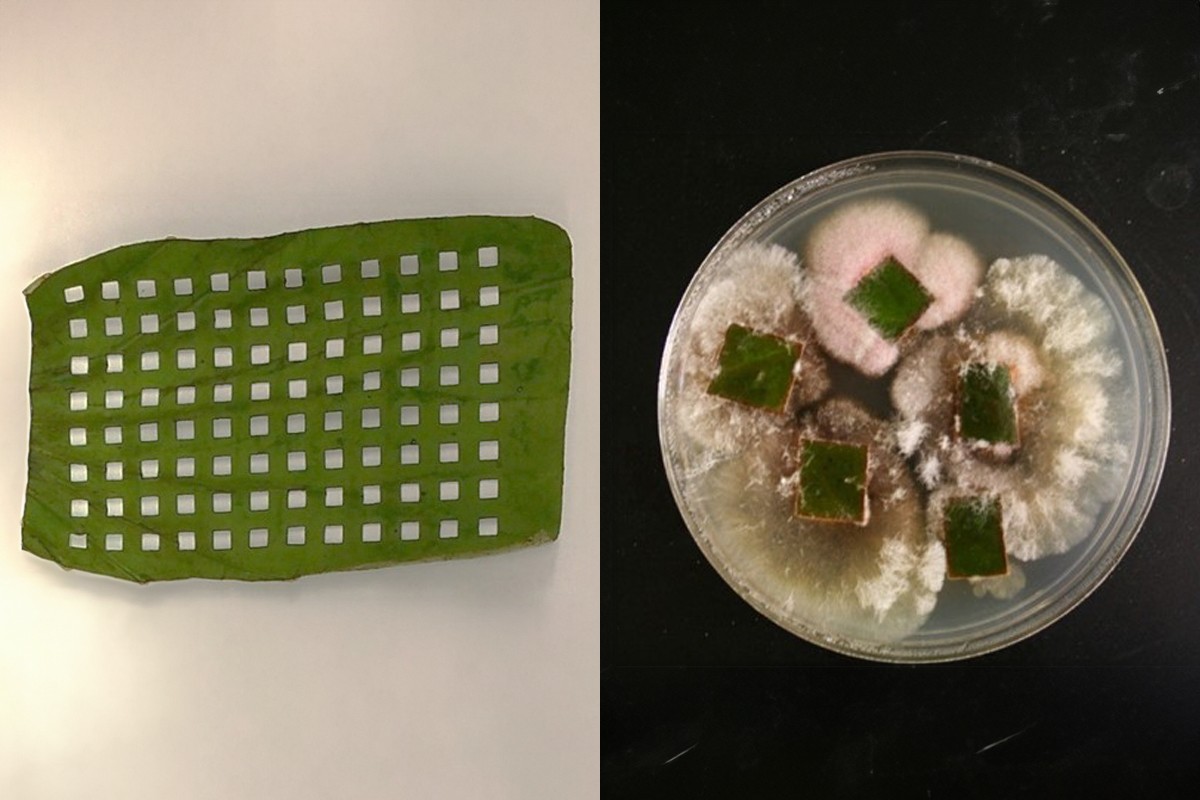Researchers with the University of Oklahoma’s Natural Products Discovery Group recently published findings that indicate a novel breakthrough treatment for fungal infections.
Fungal infections are killing thousands of Americans each year, some with a morbidity rate of nearly 80%. To make matters worse, only a handful of antifungal treatments are available, and even those are becoming less effective as fungi become more resistant. However, University of Oklahoma researchers recently published findings in the Journal of Natural Products indicating that a novel breakthrough treatment may have been discovered.
“The molecule we’re excited about is called persephacin,” said Robert Cichewicz, Ph.D., principal investigator and Regents' Professor in the Department of Chemistry and Biochemistry, Dodge Family College of Arts and Sciences at OU. “This antifungal discovery appears to work on a broad spectrum of infectious fungi, and it is reasonably non-toxic to human cells, which is a huge deal because many current treatments are toxic to the human body.”
The rise in fungal infections is due, in part, to the successful treatment of other diseases. As people live longer and successfully undergo treatments like chemotherapy and organ transplants, they often live with weakened immune systems. When drugs that treat arthritis and other ailments that also weaken immune systems are added to the mix, a perfect storm is created for potentially deadly fungal infections.



